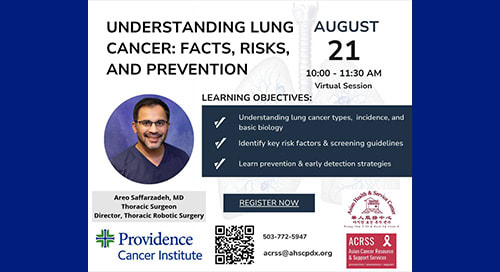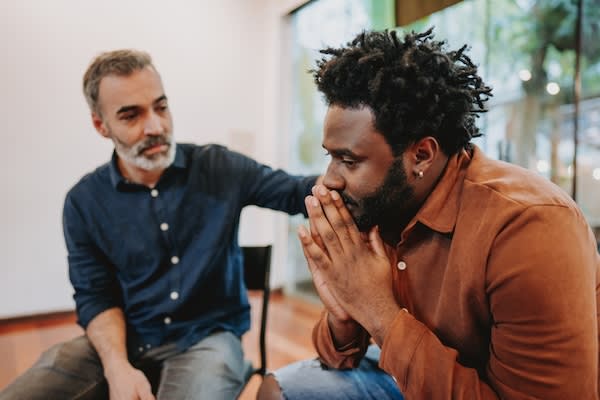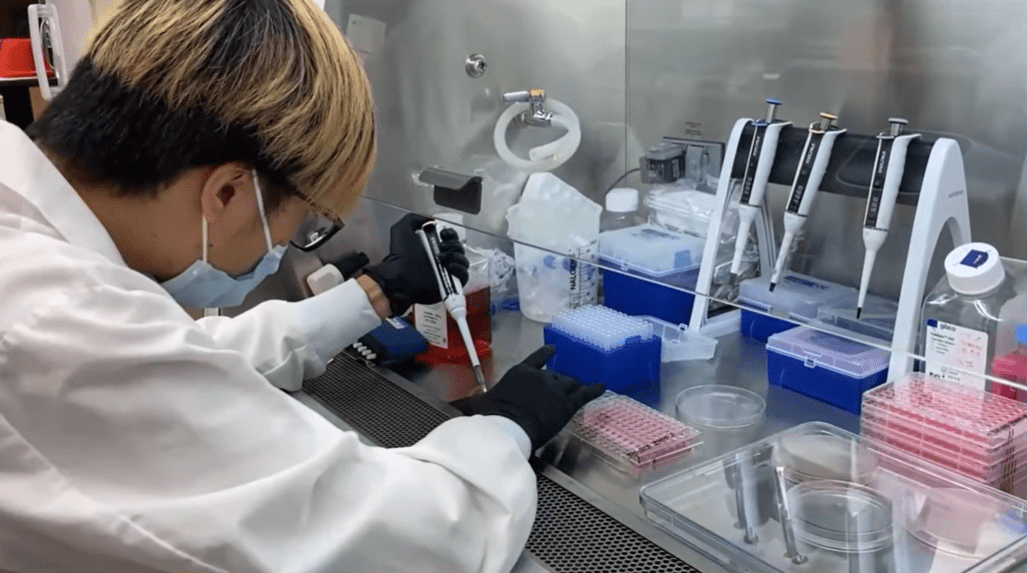Mindfulness and its role in mental wellness

[5 MIN READ]
In this article:
-
Mindfulness refers to small actions you can take to stay engaged in the present.
-
Practicing mindfulness can benefit both your physical and mental health. Some techniques you can try include deep breathing, incorporating movement and making social connections.
-
If mindfulness exercises aren’t helping, it’s OK to ask for help. A therapist can talk to you and help you process issues going on in your life that may be contributing to your feelings of stress or distress.
Mindfulness and its role in mental wellness
In today’s 24/7 world, it’s hard to stay present. With so many distractions vying for attention — like a constantly dinging phone or bottomless email inbox — staying in the here and now takes more focus than ever before.
That’s where mindfulness comes into play. Put simply, mindfulness refers to small actions you can take to stay engaged in what’s going on right now. Marie Fowler, LCSW, a behavioral therapist with Providence’s St. Mary High Desert Medical Group in Hesperia, California, says those small actions can add up to big health benefits.
“Being in the present moment can help put you in a great place,” Fowler says. “You’re not thinking about the past, which can sometimes bring people down, and you’re not thinking about the future, which tends to give people anxiety or feelings of nervousness. If you keep your mind in the here and now, you’re more than likely going to make healthier choices.”
Benefits of mindfulness on your physical and mental health
Episodes of prolonged stress — known as chronic stress — can cause mental symptoms like anxiety and depression, and physical symptoms like headaches and stomachaches. It can even affect blood sugar and blood pressure levels, which can lead to an increased risk of developing serious health conditions, such as heart disease, stroke and high blood pressure, or hypertension.
Practicing mindfulness can help regulate anxiety and stress levels, as well as your breath and blood pressure levels, and relax your muscles. It can also help your body learn to identify signals of stress earlier. That way, instead of just reacting, you’re more likely to respond in a positive way when you’re confronted with signs of mental distress.
Mindfulness practices
While you should practice mindfulness techniques throughout your everyday life, you can — and should — try to incorporate them into your morning routine, Fowler says. When you do something first thing in the morning, it tells the brain right when you wake up to look for positivity throughout the day.
“Anytime you take an actionable step, you’re sending a message to your mind that you’re being proactive,” she says.
Here are some mindfulness practices you can try adding to your daily routine:
Breathe deeply
Many times, the easiest — and most immediate — way to start your day and ward off stress as it arises throughout the day is to simply breathe deeply.
“Oftentimes as a society, we’re so busy we forget to breathe,” Fowler says. “I always remind my clients that if they can remember to do just one thing, it’s to try to control their breathing in moments of stress.”
From reining in a mind that wanders to banishing a negative thought, taking just five deep breaths can help quite a bit with self-awareness, Fowler adds.
Express gratitude
If you can acknowledge or find something in your life that you’re grateful for, it automatically retrains the brain to focus on the positive in your life, Fowler says. You’re training the brain to take a new neural pathway.
Even simple, everyday pleasures like your morning cup of coffee can help teach your brain to focus on positivity.
Shake it out
An activity like dancing releases all the stored tension in the body that builds during moments of anxiety or stress, Fowler says.
“I’m a big proponent of putting on your favorite tunes and dancing around the house,” she says. “Be like Taylor Swift and just shake it out.”
Incorporate movement
Try to add in some form of movement every day. Even if it’s a gentle walk, it can help relieve anxiety.
Fowler says she always tells her patients that even the act of making a plan to move is a step in the right direction toward alleviating stress and anxiety.
Get enough sleep
It sounds simple, but just getting seven to nine hours of sleep each night is a powerful mindfulness practice.
Prioritize good nutrition
Nutrition plays a pivotal role in not only your physical health, but your mental health, as well. You may not realize nutrition’s impact on mental health, but it’s a large one, Fowler says.
“Always try to eat as well as you can,” she stresses.
Make a social connection
With many people working from home these days, it’s hard to get in face-to-face time with others. But these in-person connections are vital to mental well-being and overall health.
“Sometimes we don’t leave the house for a day or two,” Fowler says. “It can be hard to make social connections. But reach out, call a friend, send a text. Just connect with someone in some way.”
Find support for mindfulness
If mindfulness practices aren’t helping, don’t hesitate to ask for help.
“It’s OK to not be OK,” Fowler says. “If you’ve tried things like following a good sleep routine, eating well and exercising but are still feeling stressed and overwhelmed, or even just nervous for a reason you can’t pinpoint, you should talk to someone.”
If you're feeling overwhelmed or negatively impacted by an issue, consider talking to your primary care provider first.
“If something is taking away from your quality of life, definitely talk to your provider,” Fowler says. “Maybe you’re not spending as much time with your kids as you would like, or maybe your work performance isn’t what it used to be because you’re worried or stressed. Meet with a therapist and just talk to them. Have a conversation and get help where you need it. Talking to someone one-on-one helps you work through and process issues.”
Fowler adds: “At some point, we all feel stressed. We all feel anxiety. It’s perfectly normal. And it’s perfectly OK to ask for help.”
Contributing caregiver

Marie Fowler, LCSW, is a behavioral therapist with Providence’s St. Mary High Desert Medical Group in Hesperia, California.
Find a doctor
At Providence, our behavioral health services are comprehensive, focusing on whole-person care, but tailored to you and your individual needs.
Providence also offers support groups, including online groups, that target issues like depression, anxiety and grief. Your primary care provider can refer you to a support group that’s right for you. If you’re looking for a primary care provider, you can search for one who fits your needs in our provider directory.
Download the Providence app
It’s all in the app: easily stay connected with Providence and your health. With the Providence app, you can schedule appointments, have virtual visits from the comfort of your own home, get health recommendations personalized for you, access your health records and so much more. Learn more and download the app.
Related resources
5 tips to manage stress for better health
The link between stress and heart health
Overstimulation and anxiety: Causes and solutions
This information is not intended as a substitute for professional medical care. Always follow your health care professional’s instructions.



